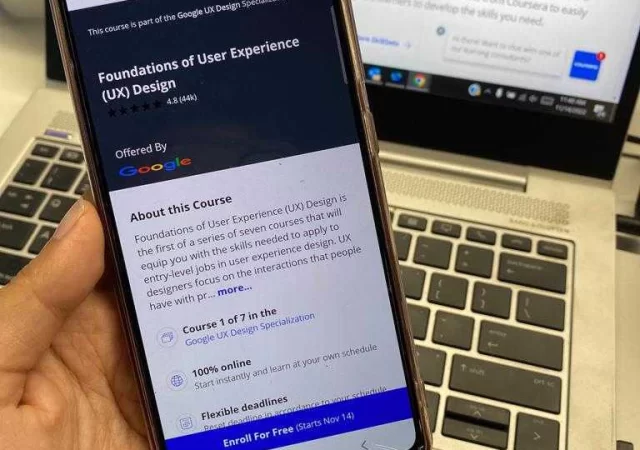Coursera launches Gen AI Academy in Malaysia to help empower the workforce to drive the digital economy.
The Role of Technology in Transforming Jobs and Supercharging Careers
In an era of transformation, learn how technology-enabled learning & AI-guided career counselling are giving individuals new career opportunities in Malaysia. 96% of employers plan to use GenAI technologies in 2024.
Making Upskilling a MOOC Point with Stackable Continuous Learning
Upskilling and education are being rethought and reinvented with new approaches from companies like Coursera who are rapidly addressing the skills gap.





